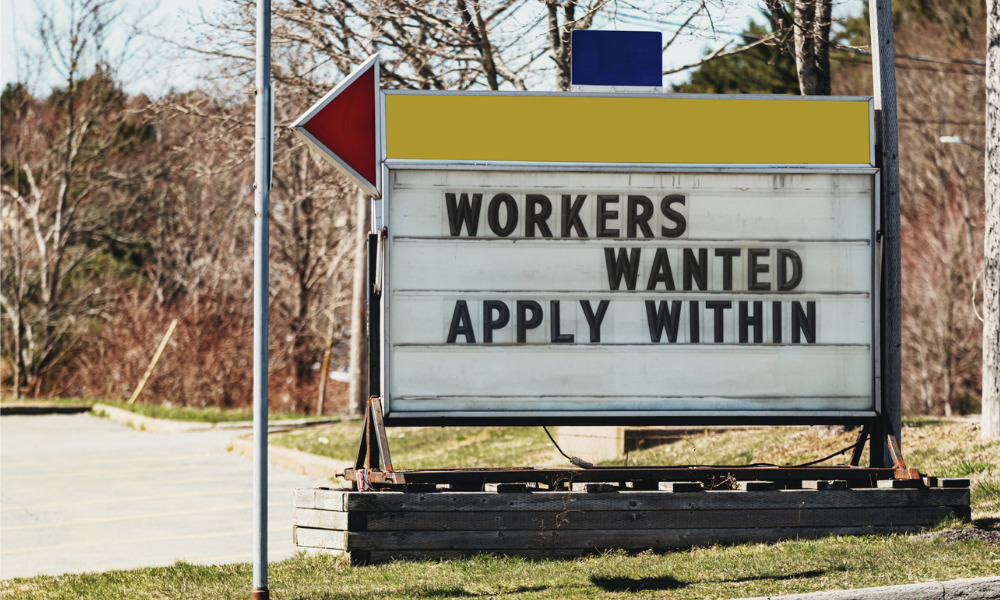'CERB is increasingly acting as a work disincentive to some Canadians, as it penalizes them financially for returning to work full time'

The Manitoba government is calling on the federal government to change the Canadian Emergency Response Benefit (CERB) so it does not penalize Canadians wanting to return to work as the pandemic subsides.
“CERB is increasingly acting as a work disincentive to some Canadians, as it penalizes them financially for returning to work full time,” says Premier Brian Pallister. “Businesses need workers as they restart. Changing CERB so returning workers can keep some of this benefit, rather than lose it all at once, would help both businesses and workers.”
The current CERB rules disqualify all workers who earn more than $1,000 a month, the premier notes. Rather than lose the full benefit all at once, Pallister suggests the federal government consider a phased reduction of CERB as workers returned to their previous or new jobs.
Pallister is urging all the provinces to both encourage the federal government to make changes to the CERB and encourage Canadians to transition back to their jobs with the support of an expanded Canada Emergency Wage Subsidy (CEWS).
In late June, the Manitoba government offered an incentive of $2,000 to encourage people to get back to work through the Manitoba Job Restart program. Over 2,500 Manitobans have applied for the program, with hundreds of new applications received daily, says the premier.
In May, the Unifor asked the federal government to allow workers receiving the CERB to receive the Supplemental Unemployment Benefits (SUB) they would be entitled to under normal layoff circumstances outside of the pandemic.
The CERB program was introduced as part of the COVID-19 Economic Response Plan to support businesses hardest hit by the COVID-19 pandemic. The government has previously expanded its coverage to include more workers and extended the program by another eight weeks.




